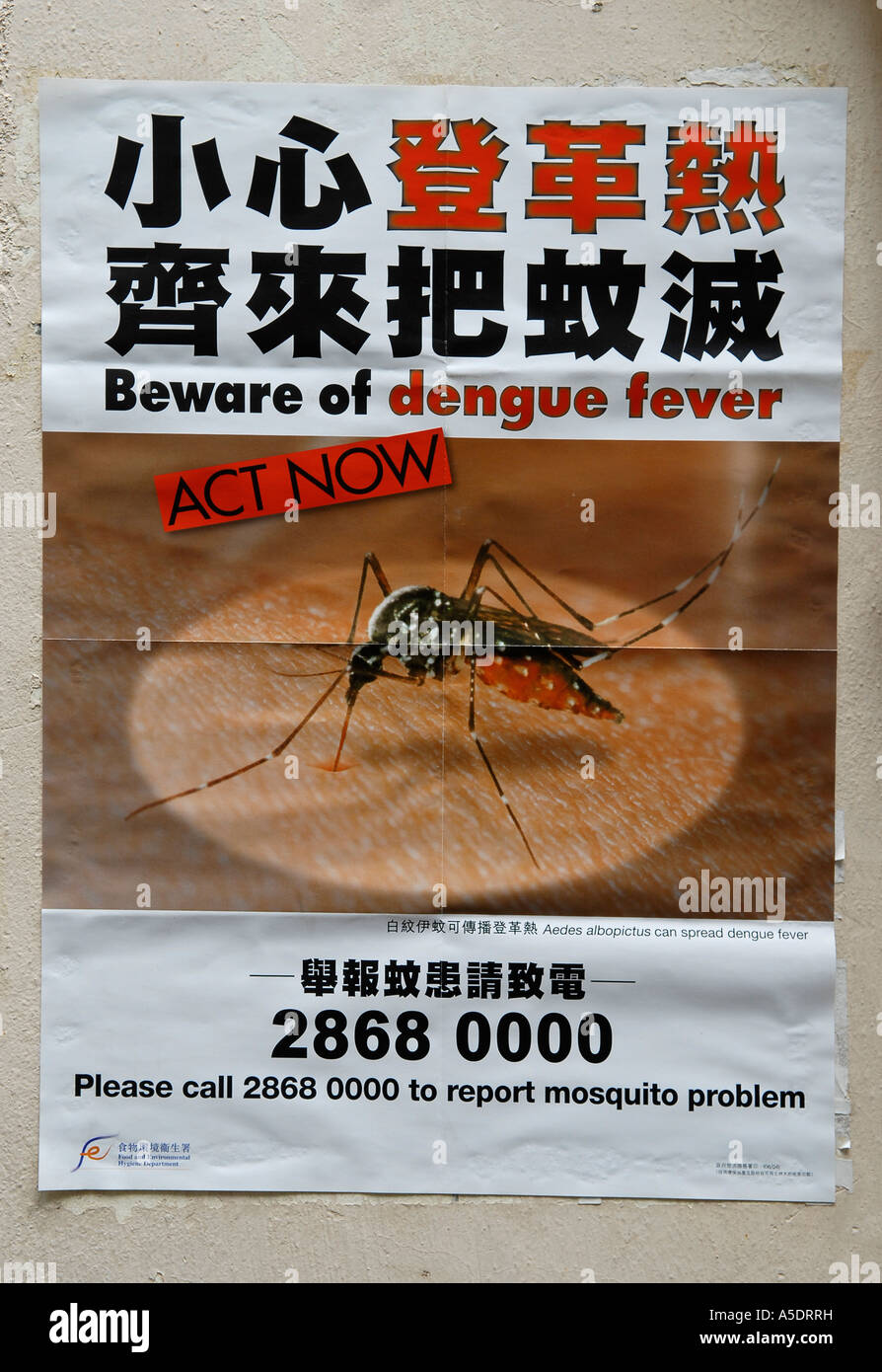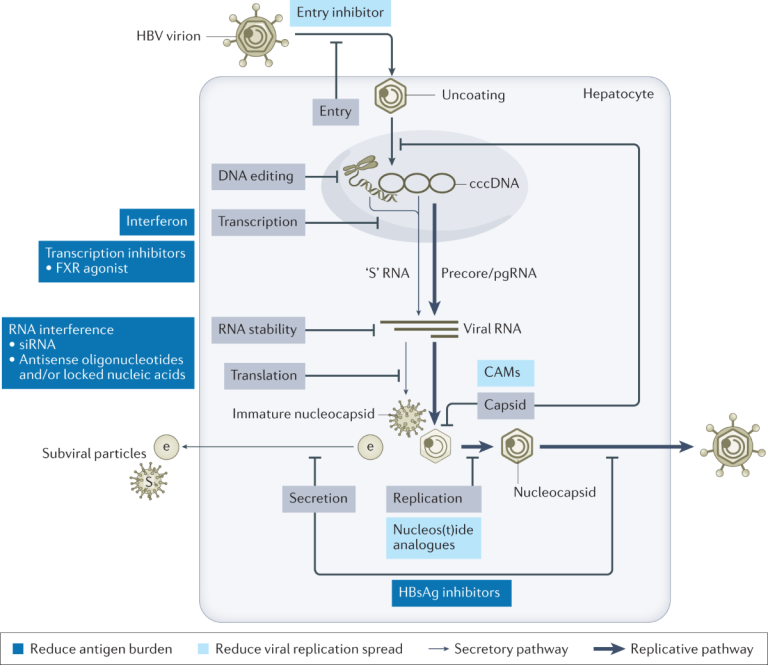
Understanding Dengue Fever
Dengue fever is a viral illness spread by the Aedes mosquito. Symptoms include high fever, severe headache, pain behind the eyes, joint and muscle pain, rash, and mild bleeding. In severe cases, it can lead to dengue hemorrhagic fever, which causes bleeding, low blood pressure, and organ failure. The virus has four serotypes, meaning you can get dengue up to four times, and each infection increases the risk of severe complications. Recent studies show dengue is spreading faster in urban areas due to increased travel and climate change.
Hong Kong’s Dengue Case Imports
Hong Kong has seen a rise in imported dengue cases, with 45 cases reported in the first half of 2024. Most cases come from Southeast Asian countries like Thailand, Indonesia, and the Philippines, where dengue is common. Travelers returning from these regions often bring the virus back. Public health measures include airport screenings, mosquito control, and public awareness campaigns. The government also monitors areas with high mosquito activity to prevent local outbreaks.
Preventive Measures and Public Health Initiatives
Health authorities recommend using DEET-based repellents to prevent mosquito bites. For pregnant women, DEET concentrations up to 30% are safe, while children should use repellents with up to 10% DEET. Other measures include wearing long sleeves, using mosquito nets, and eliminating standing water where mosquitoes breed. Community initiatives, like neighborhood clean-ups, help reduce mosquito habitats. The government also uses larvicides to target mosquito larvae in water sources.
Impact on Public Health and Economy
Dengue cases strain Hong Kong’s healthcare system, with costs for treatment and prevention rising. Severe cases require hospitalization, increasing medical expenses. The disease also causes fear and anxiety among residents, especially in areas with high mosquito activity. Tourism is affected as travelers avoid regions with dengue outbreaks. Long-term health effects for survivors include chronic fatigue and joint pain, which can reduce productivity and quality of life.
Future Outlook and Research
Researchers are working on dengue vaccines, but none are widely available yet. Climate change is expected to increase mosquito populations, making dengue prevention more challenging. New technologies, like genetically modified mosquitoes, are being tested to control the Aedes population. International collaboration is crucial for sharing data and resources to combat dengue effectively. Hong Kong is investing in research and public health initiatives to stay ahead of the disease.












